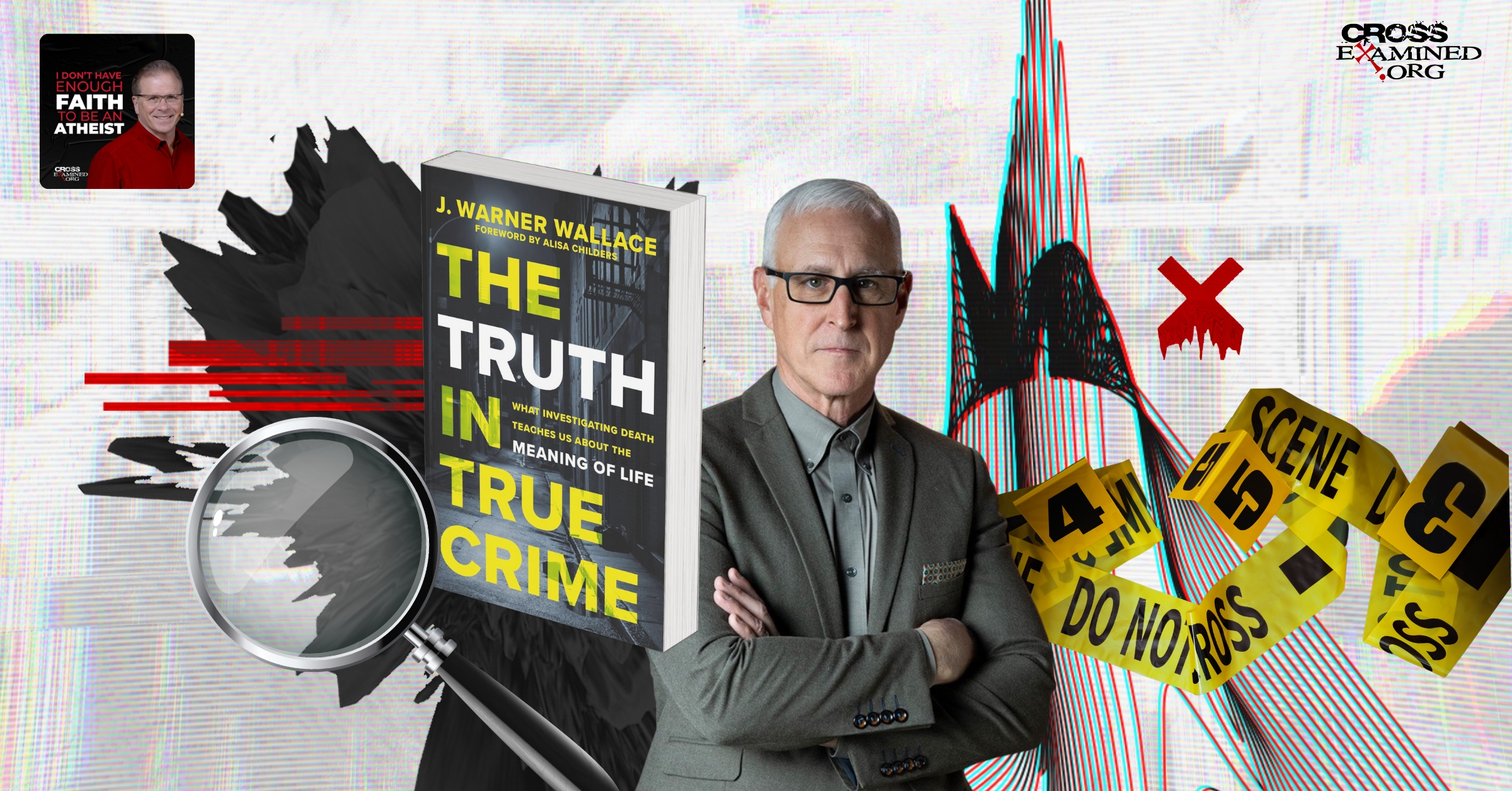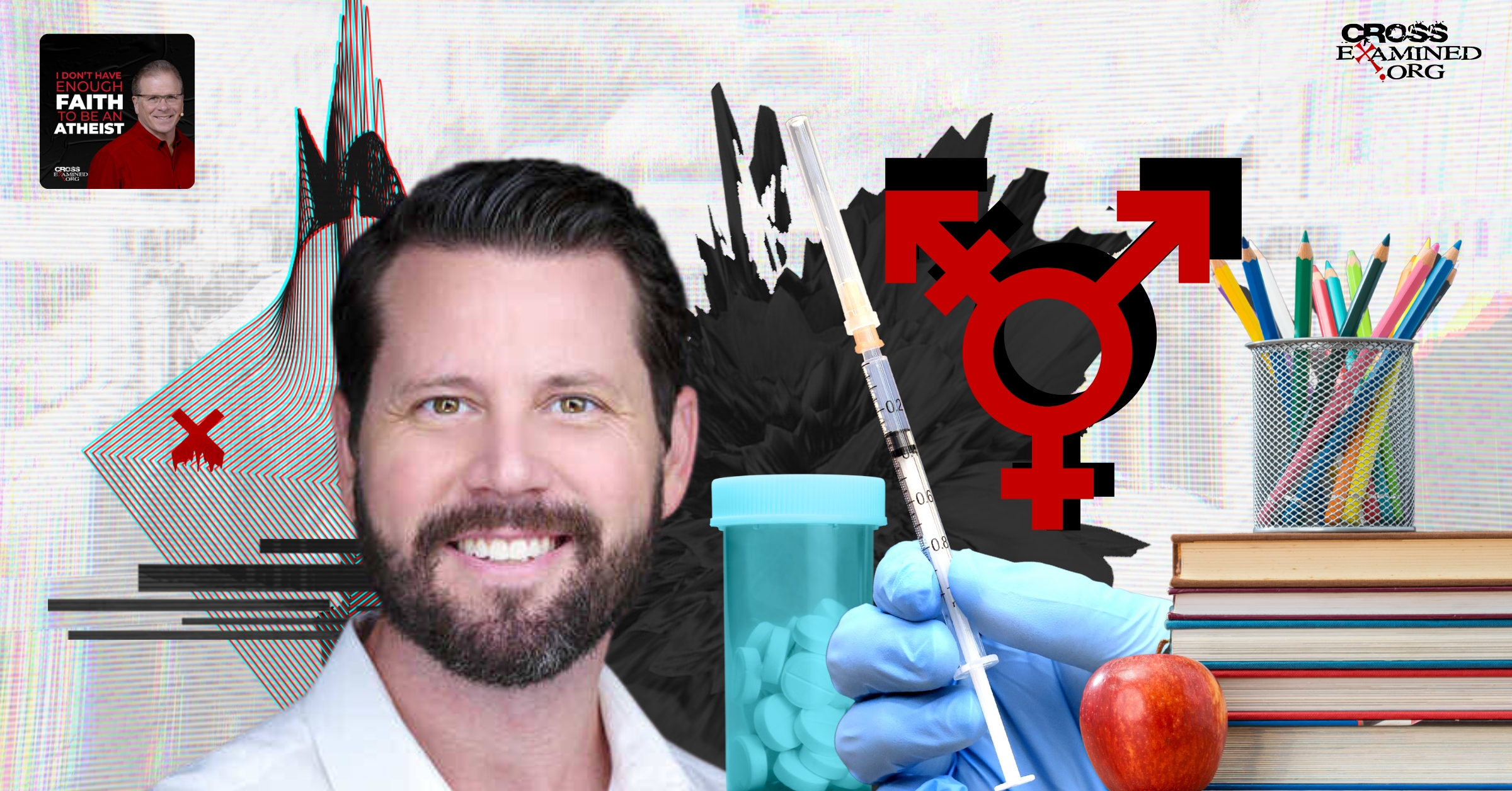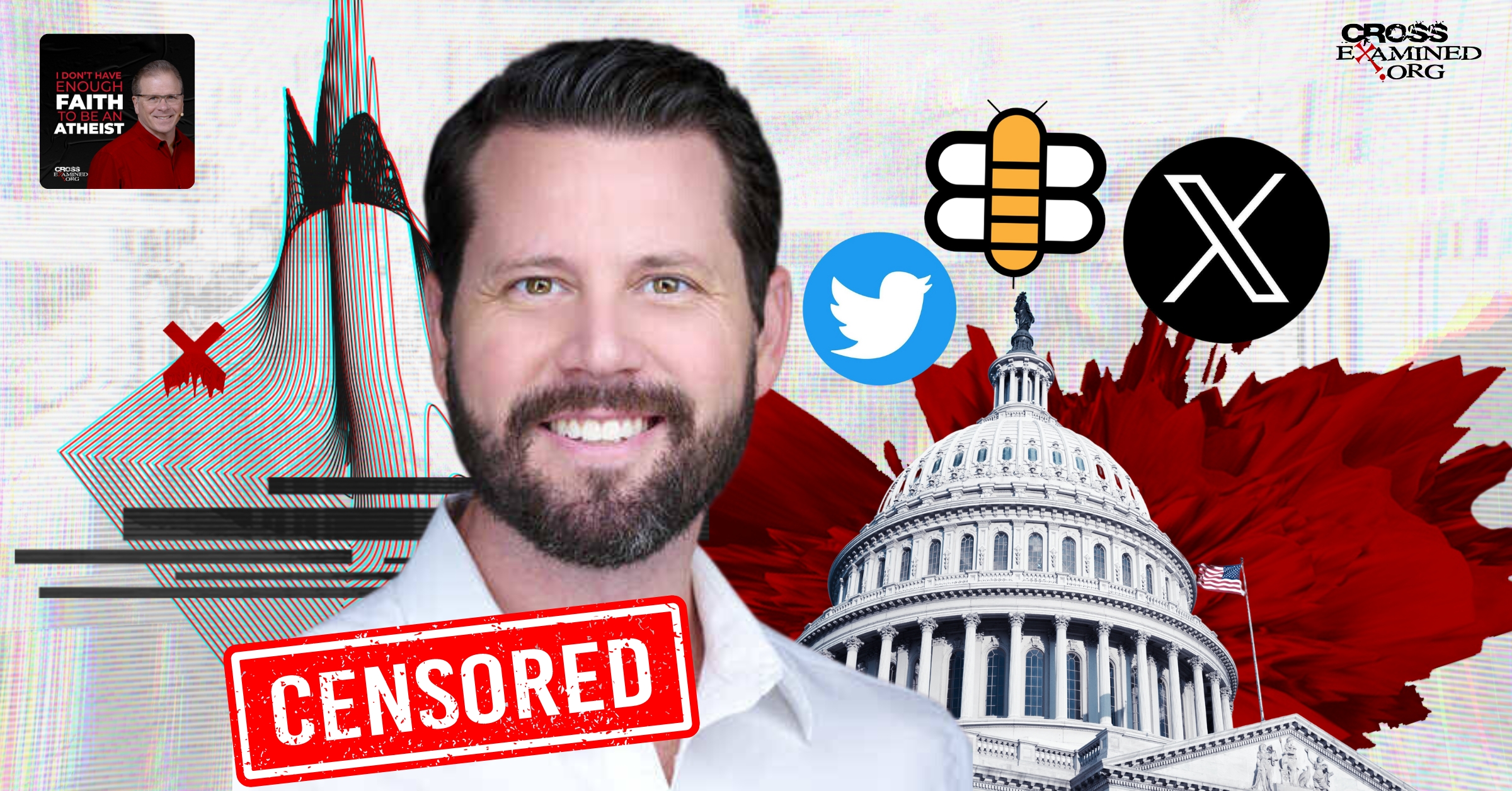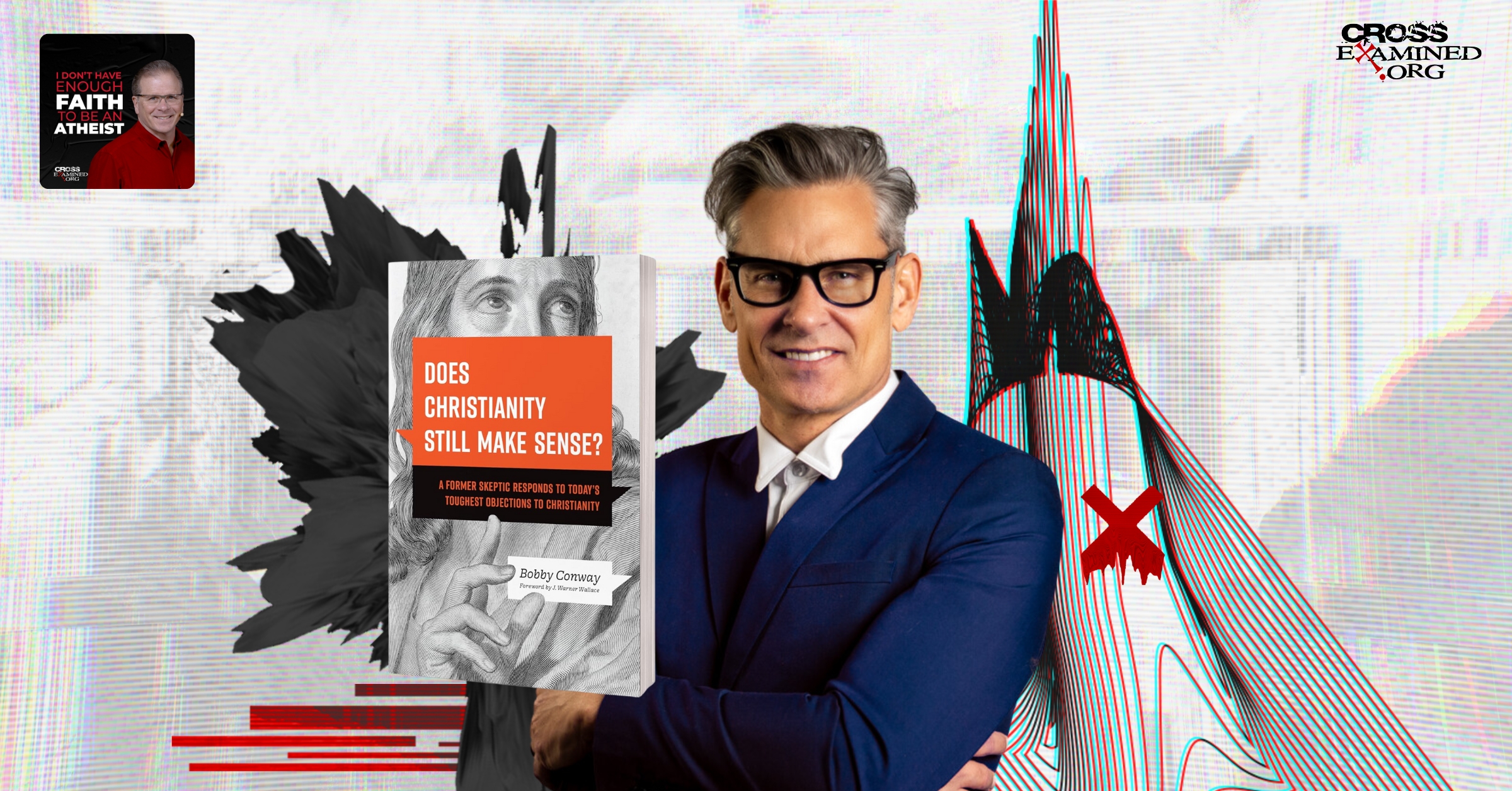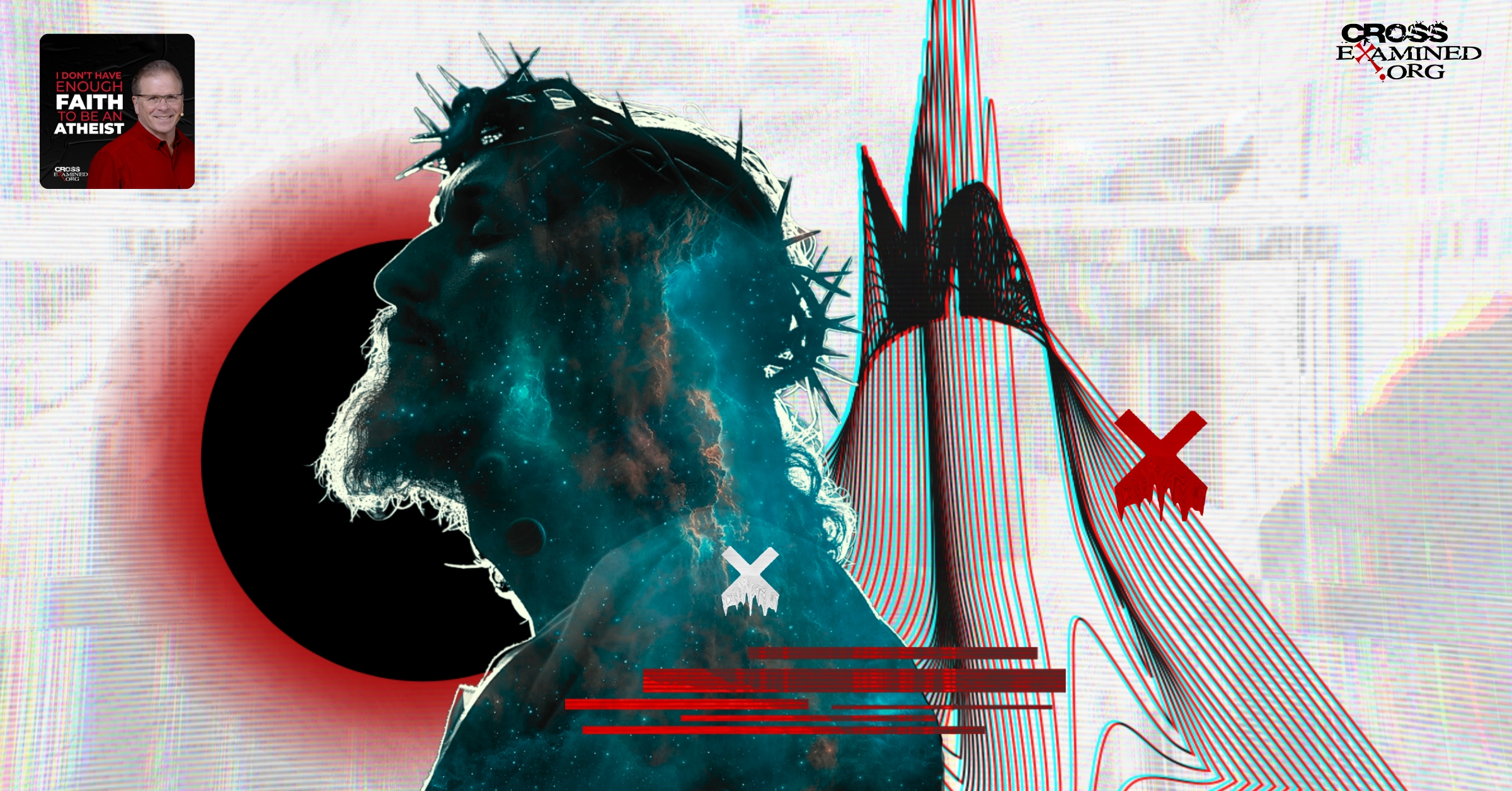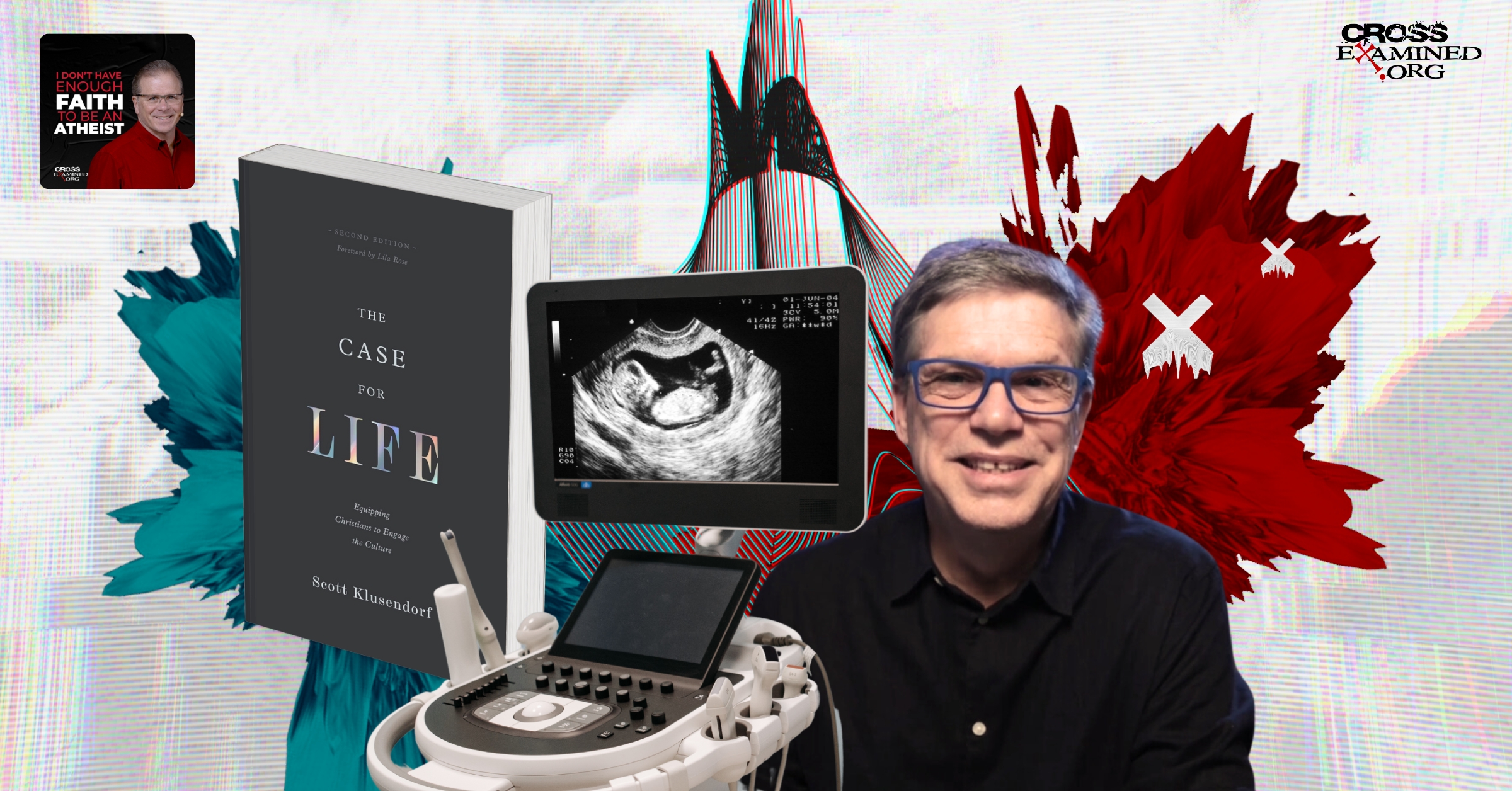My family recently took the opportunity to attend a live theater production of The Book of Esther in Branson, Missouri. The Sight and Sound Theater production was riveting, and I was not prepared for how wonderful the set, the performers, and even the livestock (yes, livestock) brought the story of Esther to life.
One of the other reasons I loved the show was that I happened to have recently read a wonderful historical summary of the evidence that exists to give good reasons to believe this is more than a fairy tale. In his book, The Authenticity of the Book of Esther, the late British historian Dr. Bill Cooper brings out the evidence, including extra-Biblical writings, archaeology, and even Nazi executions that bring the story to life in a different but very compelling way.[i]
The Book of Esther
As you may recall, the story is set in Persia and features the exiled Israelites Mordecai and his niece, Esther, as the primary characters. The Persian King Ahasuerus (likely Xerxes I, son of Darius) has his queen killed for disobeying him and seeks a new bride. He eventually finds his new queen in Esther and marries her. Mordecai defeats a plot to murder the king. However, the king’s second in command and villain of the story, Haman, seeks to destroy all the Israelites in the nation. He tricks the king into signing a mass death warrant for the exiled people of God in the land. Through the fasting and prayers of her people, Esther convinces the king not only to hang Hamon on the gallows he created for Mordecai but also to allow the Israelites to defend themselves in what was supposed to be a slaughter. Mordecai was elevated to Hamon’s status, and the Israelites have celebrated the Feast of Purim in remembrance of these events for hundreds of years. But did it happen, or is this historical fiction, as some scholars claim?
Mordecai
One would assume that an individual who attained such a high rank as Mordecai (second in rank to the king, no less) would show up somewhere in archaeology or other ancient writings. As it turns out, the writings of Greek historian Ctasias,[ii] two Persian archival writings, and clay tablets from Babylon all mention an individual whose name is understood to be Mordecai in translation. Ctasias indicated in his writings that he obtained the records that included the transliteration of Mordecai’s name from the royal Persian parchments. The writings Ctasias cited in about 400 B.C. are even cited in the Book of Esther, 10:2 by name in verse where the author indicates that all the exploits of Mordecai were written in the “Book of Chronicles of the Kings of Media and Persia.”[iii]
The problem with Ctasias’s writing is that it is fragmented with age and incomplete. The Chronicles themselves have been lost to time altogether. Luckily, Persia also utilized clay tablets to document much of the governmental affairs. In 1933, archaeologists studying the ruined palaces of Kings Darius, Xerxes, and other Persian kings located tens of thousands of clay tablets from the time Esther would have occurred. Most of the tablets remain untranslated, but several mention a Marduku who is listed as a financial administrator of the government. In the Persepolis Treasury Archive, this Marduku is listed 13 times on a variety of financial transactions with his status being of more import in the latter mentions than in the first.
Palace Attendants
In Esther 1:10, seven eunuchs who served the king are mentioned by name. One of those men is Carkas. Carkas’s name also appears in the archives of the Persepolis Treasury Tablets. This would be interesting enough, but also mentioned in the tablets are Mehuman, Bigthan, and Hatach, which are also listed by the author of Esther.
Seven Princes of Persia
Also listed in the treasury tablets that have been translated (so far) are a number of the “wise men who knew the times” listed in Esther 1:13-14. The names of these “seven princes of Persia” located so far on tablets include Carshena, Shethar, Meres, and Memucan. These were four of the seven men who, according to the author of Esther, “saw the king’s face and sat first in the kingdom.”
Haman’s Father and Sons
While Haman’s name has not yet been located in the records translated to date, it is notable that both his father’s name, as well as the names of his two sons are listed. The name provided by the author of Esther in chapter three for Haman’s father is Hammedatha. That name is listed in the tablets as performing royal duties. His sons’ names, Aridatha and Aridai (Esther 9:8-9.9) were also found in the treasury tablets in what is seen as descriptions of serving in an official government role.
The Palace of Susa
The Palace of Susa is the location of the story of Esther. It was destroyed by fire in 435 B.C. Archaeologists, however, have examined the ruins and located an inscription from King Darius (Xerxes’ father) that describes the construction of the palace. The description of materials includes the use of lapis luzi (precious blue stone), turquoise, and carnelian (precious red stone), as well as marble columns. In the King James Version of Esther 1:6, the author describes the palace; “Where were white, green, and blue, hangings, fastened with cords of fine linen and purple to silver rings and pillars of marble: the beds were of gold and silver, upon a pavement of red, and blue, and white, and black marble.”[iv] While the tablets call the pillars rock, archaeologists studying the palace have identified the pillars as being made of marble.
The specific names of individuals serving the king and the extremely accurate description of the palace are remarkable evidence that the writer described true events. The Palace of Susa was destroyed within a generation of the events that are recorded in Esther. This would reasonably lead one to conclude that the information in Esther was written down very near the events themselves and by someone who truly had intimate knowledge of the palace and officials of the king.
Dr. Cooper’s book goes on to describe in much more detail how the Book of Esther can be trusted as historically accurate. It also summarizes some of the grammatical and numerical mysteries that surround the book and connects it with the Nazi trials at Nuremberg. I encourage you to more deeply explore this amazing story of God’s providence.
References:
[i] William R. Cooper, The Authenticity of the Book of Esther [Kindle ed.] (self-published), 2013.
[ii] Also known as Ctesius, Persicus, or Cnidus
[iii] English Standard Bible (2001), Retrieved from BibleGateway
[iv] King James Bible (1611), retrieved from BibleGateway
Recommended resources related to the topic:
What I Discovered Digging in Jerusalem by Eli Shukron (with Frank Turek) (DVD) (Mp4 Download)
Why We Know the New Testament Writers Told the Truth by Frank Turek (mp4 Download)
Counter Culture Christian: Is the Bible True? by Frank Turek (Mp3), (Mp4), and (DVD)
The Top Ten Reasons We Know the NT Writers Told the Truth mp3 by Frank Turek
Tony Williams is currently serving in his 20th year as a police officer in a city in Southern Illinois. He has been studying apologetics in his spare time for two decades, since a crisis of faith led him to the discovery of vast and ever-increasing evidence for his faith. Tony received a bachelor’s degree in University Studies from Southern Illinois University in 2019. His career in law enforcement has provided valuable insight into the concepts of truth, evidence, confession, testimony, cultural competency, morality, and most of all, the compelling need for Christ in the lives of the lost. Tony plans to pursue postgraduate studies in apologetics in the near future to sharpen his understanding of the various facets of Christian apologetics.
Original blog: https://bit.ly/3vYlMgy

